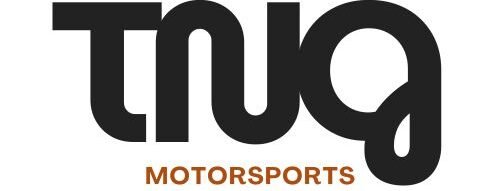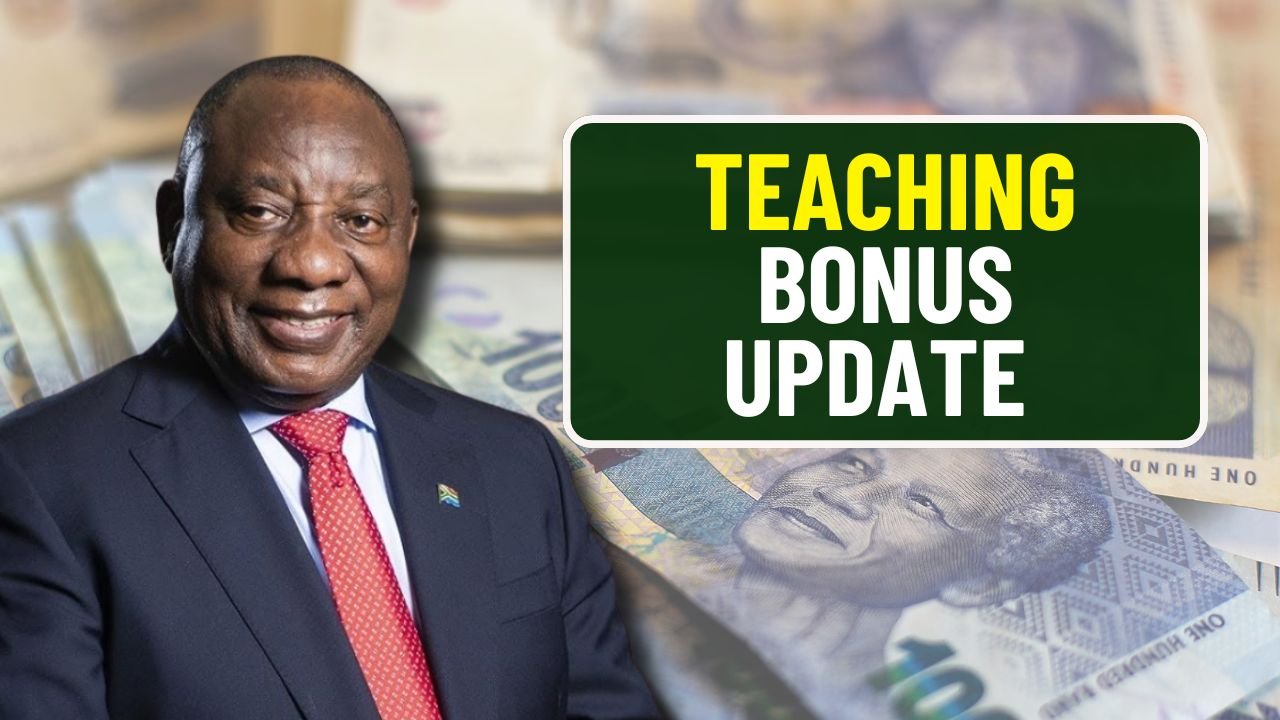A transformative move in South Africa’s public education sector will take effect in July 2025, as the government introduces a significant boost to teacher allowances. This development follows extensive discussions among the Department of Basic Education (DBE), the National Treasury, and leading educators’ unions to improve the teaching environment and attract new talent into the profession. These increases form part of a broader public sector compensation reform strategy for the 2025–2026 fiscal cycle. The intention is to restructure remuneration frameworks so that they reflect modern economic demands and better support educators, particularly in underserved regions.
Addressing Long-Standing Demands for Fair Compensation
For years, educators have expressed frustration over inadequate allowances that fail to keep pace with inflation and rising workloads. South Africa’s teacher workforce has been under pressure due to nationwide shortages, larger class sizes, and the lingering academic setbacks caused by the COVID-19 pandemic. This permanent adjustment in allowances signals a shift in how the government values educators, aiming to reduce attrition rates while acknowledging the crucial role teachers play in stabilizing and advancing the country’s learning ecosystem.
Breakdown of Enhanced Allowances from Mid-2025
Starting from 1 July 2025, teachers who meet eligibility criteria will benefit from increased allocations across various categories. These include rural area benefits, housing support, transportation subsidies, leadership role allowances, and subject-specific bonuses. Notably, educators working in remote or under-resourced areas are expected to see the largest financial gains. Entry-level teachers placed in rural schools may receive up to R1,200 more each month. Urban-based senior teachers, meanwhile, could see increments between R750 and R1,000 depending on their level and years of experience.
Revised Figures for Allowance Categories
The following table outlines the revised monthly rates as proposed for implementation from July 2025. These rates may still be adjusted after final review at the bargaining council and can vary between provinces.
| Type of Allowance | Previous Rate (Monthly) | New Rate (From July 2025) |
|---|---|---|
| Rural Teaching Allowance | R1,850 | R3,050 |
| Housing Subsidy | R900 | R1,400 |
| Transport Support (Rural) | R650 | R1,200 |
| Post-Level 1 Responsibility | R600 | R1,000 |
| Special Subjects Allowance | R700 | R1,200 |
Eligibility Criteria for the Upgraded Compensation

Teachers eligible for the updated allowance structure are those employed full-time under the Post Provisioning Norms (PPN) framework. This includes educators from post-level 1 through to post-level 4, who are stationed at public institutions sanctioned by the provincial education departments. Specifically, those working in rural, no-fee, or disadvantaged schools are directly prioritized. Heads of department, deputy principals, and principals in qualifying institutions will also receive the revised rates. However, teachers in private schools, NGOs, or on contractual secondments are excluded from this allowance reform.
Seamless Rollout of Payment Through Government Systems
The DBE has assured educators that no individual application process is required for the upcoming increase. Adjustments will be processed automatically through PERSAL, the government’s human resource and payroll system. Salaries disbursed on 25 July 2025 will reflect the revised allowance amounts. Teachers are advised to check their payslips for discrepancies and report any inconsistencies via school administration, local district HR departments, or their respective union representatives.
Unions Applaud the Move While Calling for Further Action
The announcement has been met with support from major teachers’ unions including SADTU and NAPTOSA. Union leaders describe the allowance increases as a positive development in restoring respect and morale within the profession. Education Minister Angie Motshekga emphasized that the move demonstrates the government’s commitment to investing in its most valuable educational asset: its human capital. National Treasury has confirmed that while budget constraints remain, this measure falls within the parameters outlined in the 2025 budget presented in February.
What Lies Ahead for Educators
Although the increased allowances mark significant progress, unions continue to push for broader reforms. These include structured career progression pathways, increased funding for in-service teacher development, and more comprehensive support for educators working in marginalized provinces like Limpopo, the Eastern Cape, and the Northern Cape. This adjustment is seen not just as a financial uplift, but as an essential investment in the sustainability and appeal of teaching careers in South Africa.
A Meaningful Milestone for South African Education
The July 2025 allowance increase for teachers signals more than a compensation upgrade it highlights a fundamental shift in the recognition of educators’ roles within the nation. As South Africa grapples with educational inequality and capacity challenges, such reforms are critical in elevating the profession and ensuring that future generations are taught by well-supported, motivated teachers. While more improvements are still needed, this step is a promising indicator that the government is listening and beginning to act on the voices of those at the frontline of education.

